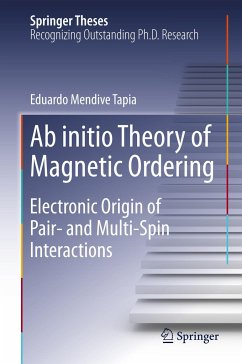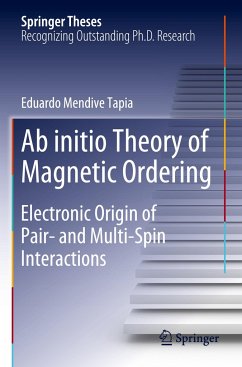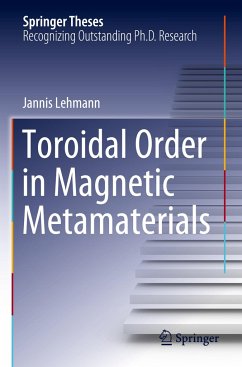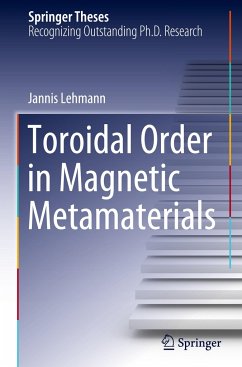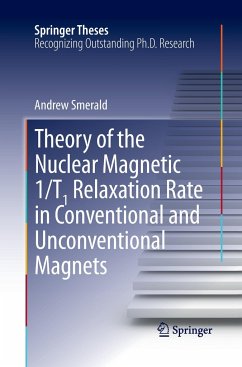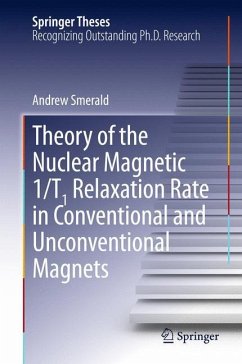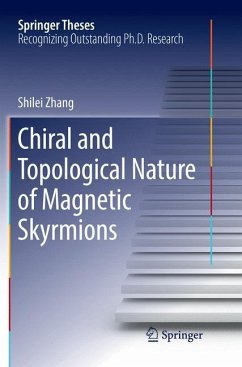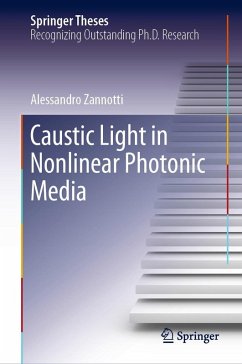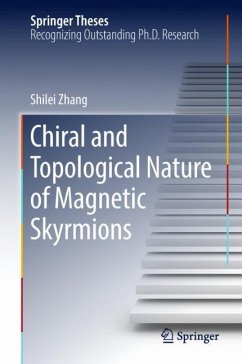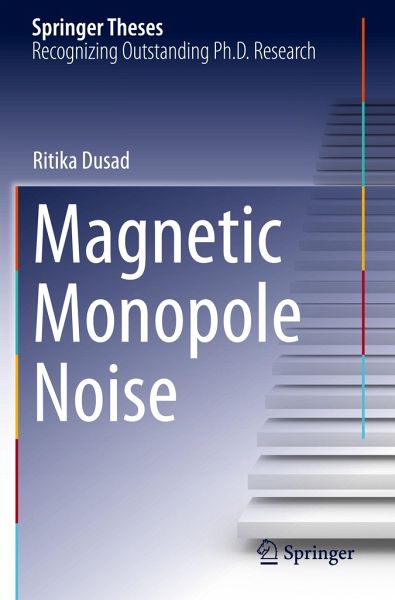
Magnetic Monopole Noise
Versandkostenfrei!
Versandfertig in 6-10 Tagen
76,99 €
inkl. MwSt.
Weitere Ausgaben:

PAYBACK Punkte
38 °P sammeln!
This thesis presents the first ever measurement of the noise emitted by magnetic monopoles and the development of an exquisitely sensitive magnetic-field-noise spectrometer based on a superconducting quantum interference device (SQUID) that enabled it. Magnetic monopoles are highly elusive elementary particles exhibiting quantized magnetic charge. The prospects for studying them brightened recently with the theoretical discovery that the thermally excited states in certain classes of magnetic insulators exhibit all the characteristics of magnetic monopoles. Furthermore, in 2018, it was predict...
This thesis presents the first ever measurement of the noise emitted by magnetic monopoles and the development of an exquisitely sensitive magnetic-field-noise spectrometer based on a superconducting quantum interference device (SQUID) that enabled it. Magnetic monopoles are highly elusive elementary particles exhibiting quantized magnetic charge. The prospects for studying them brightened recently with the theoretical discovery that the thermally excited states in certain classes of magnetic insulators exhibit all the characteristics of magnetic monopoles. Furthermore, in 2018, it was predicted that the random motion of magnetic monopoles inside would generate a very specific kind of magnetization noise. In this thesis, the author describes a new experimental technique, so-called spin noise spectroscopy, and the subsequent discovery of virtually all of the predicted features of the magnetic noise expected from a dense fluid of magnetic monopoles in crystals of Dy2Ti2O7. Remarkably, because this magnetic monopole noise occurs in the frequency range below 20kHz, when amplified by the SQUID it is actually audible to humans.






